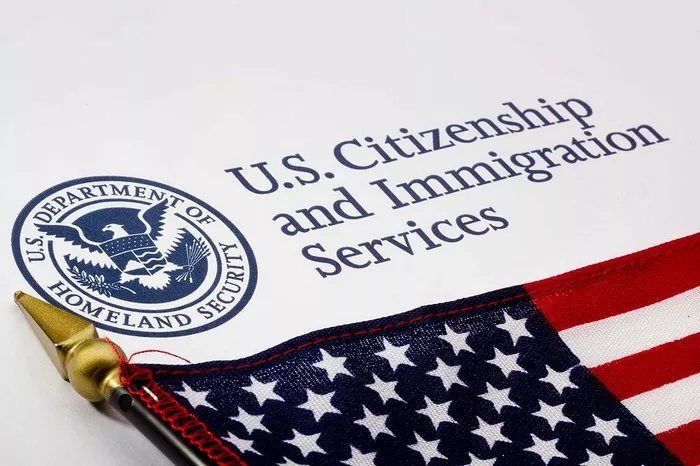The recent implementation of the U.S. Citizenship and Immigration Services’ (USCIS) first fee increase in over seven years has prompted concerns that it may inadvertently encourage illegal border crossings, experts caution.
Lora Ries, Director of the Heritage Foundation’s Border Security and Immigration Center, highlighted this potential consequence in a statement to Fox News Digital. Ries emphasized that if the process of legal immigration becomes more time-consuming and costlier compared to illegal entry, individuals may be inclined to choose the latter option.
The fee adjustments, effective since the beginning of April, impact various applications for legal immigration, including work authorizations, permanent residency registrations, and financial requests. USCIS Director Ur M. Jaddou defended the fee hikes, stating that the increased revenues would facilitate improved customer service and address backlog issues within the agency.
Despite these assurances, Ries contends that funding challenges within USCIS stem from a flawed system that burdens legal immigrants and taxpayers alike. She argues that the agency’s reliance on taxpayer funds to manage the backlog of asylum claims, predominantly from individuals who entered the country illegally, underscores this disparity.
According to Ries, the absence of fees for processing frivolous asylum applications further exacerbates the financial strain on USCIS, leading to heightened costs for legal immigrants and taxpayers. As a result of the fee adjustments, certain applications, like the I-129L Petition for nonimmigrant workers, have seen substantial increases, prompting concerns over affordability and accessibility.
Critics also question the Biden administration’s decision to maintain a zero fee for asylum applications while streamlining processes for work permits, suggesting that such policies may unintentionally incentivize illegal immigration.
In light of these developments, Ries warns that the fee restructuring and policy shifts may influence individuals to pursue alternative avenues, potentially exacerbating challenges related to illegal immigration.
“The fee adjustments and policy changes directly shape individuals’ decisions, encouraging certain immigration pathways,” Ries remarked. “While we aspire for individuals to embrace citizenship and loyalty to America, such objectives should not be pursued through financial manipulation.”
The implications of these changes underscore the intricate balance between immigration policy, financial considerations, and the pursuit of lawful pathways to citizenship in the United States.


